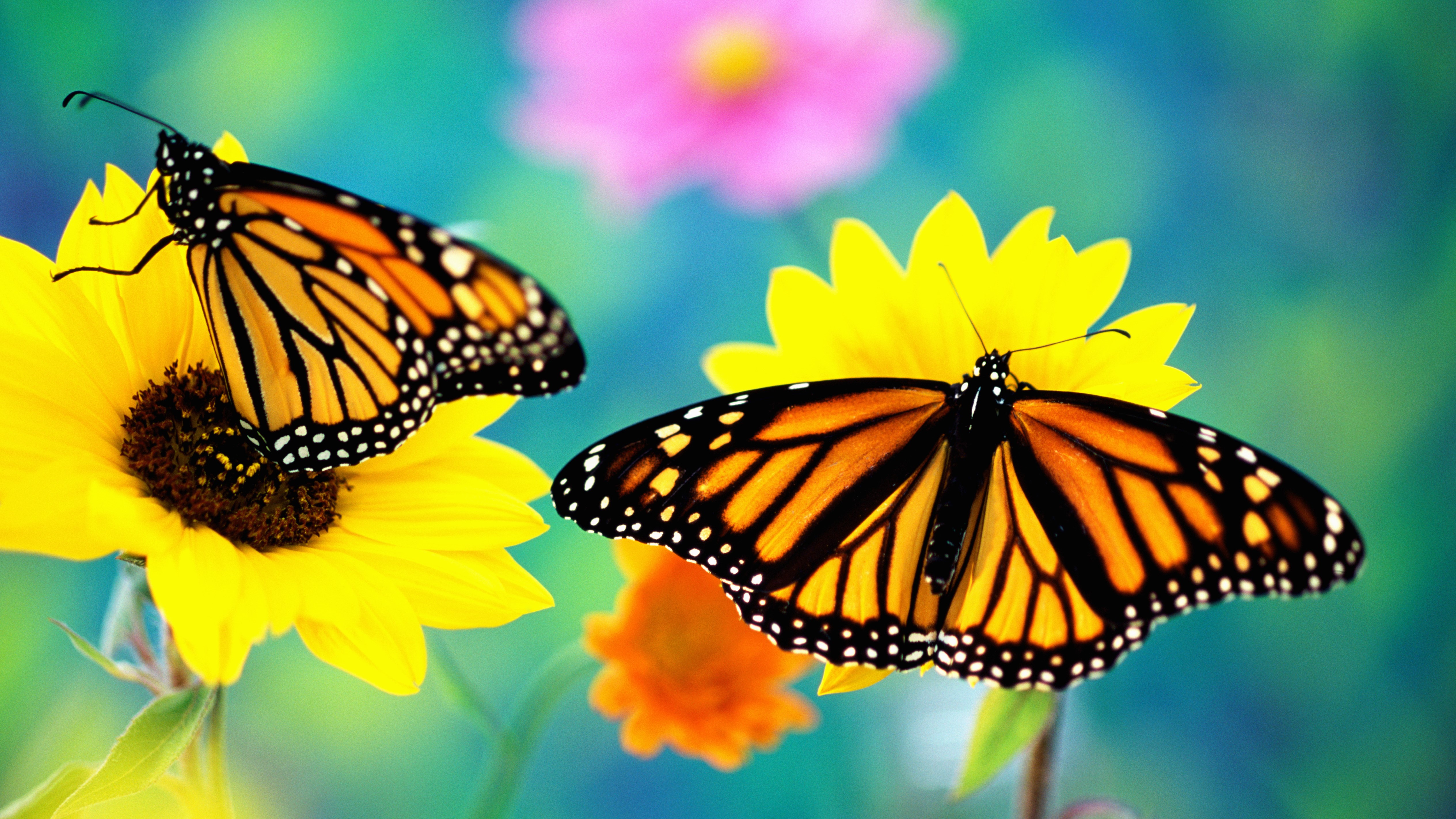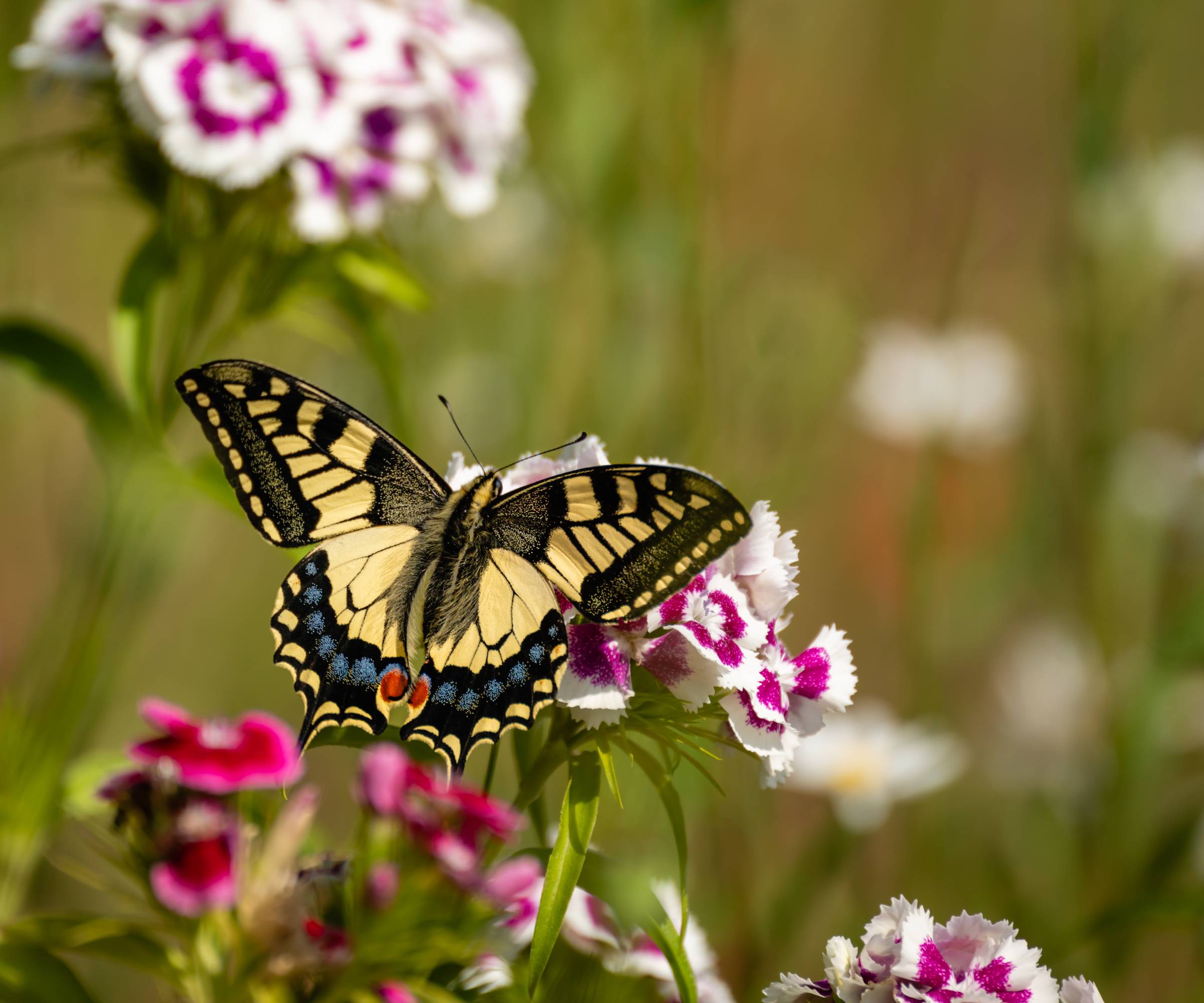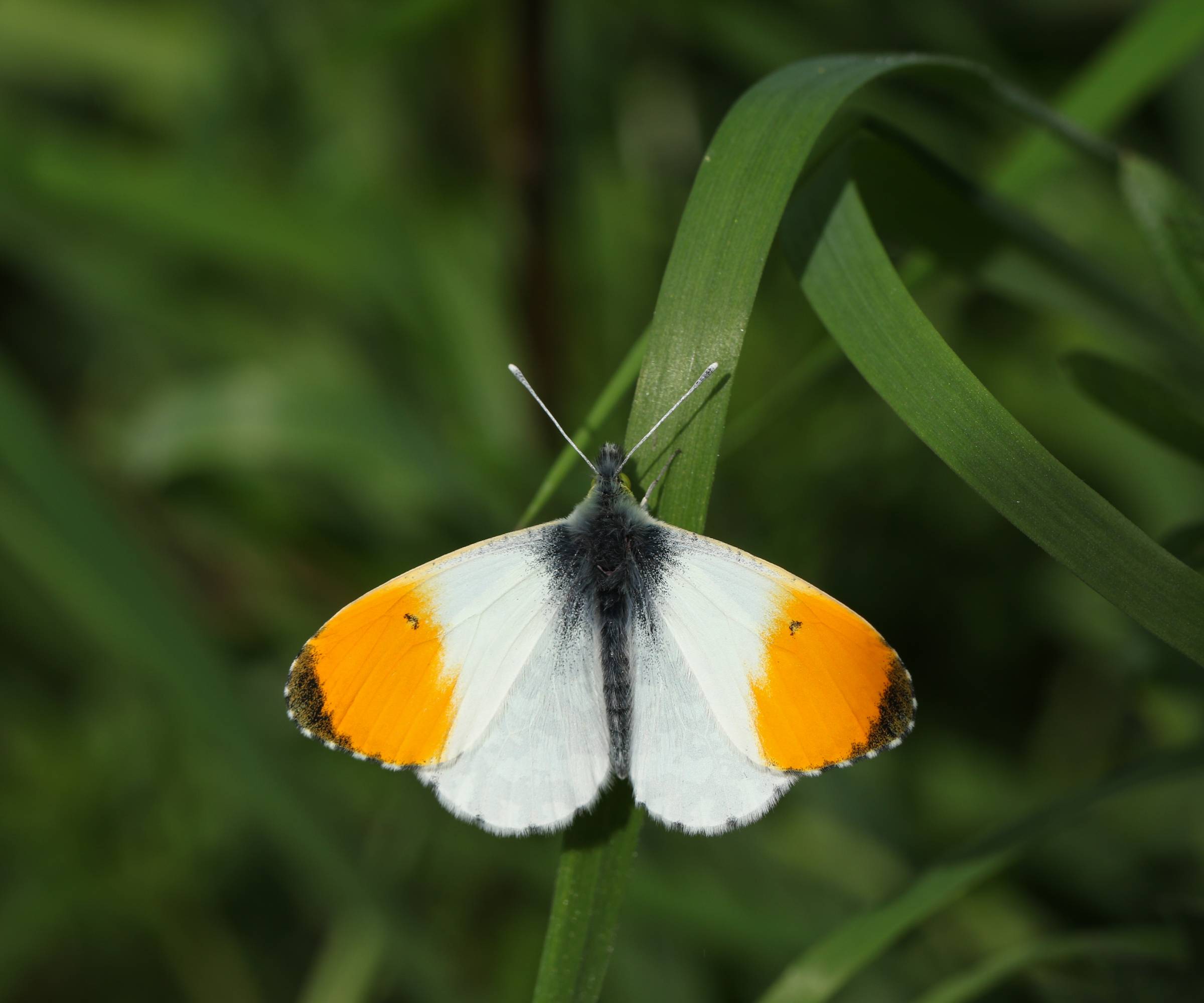Why Butterflies Matter For Our Gardens, Well-being, And Biodiversity
Beautiful butterflies are good for our gardens!


Sign up for the Gardening Know How newsletter today and receive a free copy of our e-book "How to Grow Delicious Tomatoes".
You are now subscribed
Your newsletter sign-up was successful
Butterflies are among the most beautiful of insects. Even people who generally don’t like insects are captivated by butterflies. What makes butterflies unique is what has made them culturally fascinating. People have long associated butterflies with ephemerality, freedom, and spirituality.
Beyond their cultural importance, why do butterflies exist? Butterflies have evolved to fill particular niches in their ecosystems as pollinators and part of the food chain. With populations declining, it’s important to understand why butterflies matter.
To learn more, please consider signing up for our expert course in supporting Monarch butterflies over on the Gardening Know How Learning Channel.

Why Do We Need Butterflies for Pollinator Gardens?
One of the most important roles butterflies play in any ecosystem is pollination. Many plants rely on cross-pollination. To reproduce, their pollen must travel from one plant to another. Plants have evolved different ways of getting this done, including the use of animals and insects like butterflies. Monarchs are particularly popular pollinators.
Butterflies feed on the nectar from flowers, inadvertently carrying pollen between flowers on different plants. If you have a pollinator garden, you likely have many species and different types of animals pollinating your plants, including butterflies.
Compared to other pollinators, butterflies are important because they migrate widely and feed broadly on many types of plants. They also attract other pollinators because they serve as a food source for birds, which also contributes to pollination.
Why Are Butterflies Important to Kitchen Gardens?
Many plants in your kitchen garden rely on pollination by animals like butterflies. Without cross-pollination, these plants cannot reproduce, which means they do not produce their edible fruits. Fruits include more than the obvious types, like apples or oranges. Fruits also include many species we call vegetables, like squash and tomatoes.
Sign up for the Gardening Know How newsletter today and receive a free copy of our e-book "How to Grow Delicious Tomatoes".
How Are Butterflies Important for Biodiversity?
A healthy ecosystem is biodiverse, meaning it includes a variety of plant and animal species native to that region. In addition to pollination, butterflies are important in the ecosystem as a food source. They attract other native species that feed on butterflies and their caterpillars, including many types of birds but also some reptiles, bats, and even other kinds of insects.
In their larval stage, some butterfly species also eat pest insects, like aphids and mites. This reduces the need for pesticides, which helps naturally boost biodiversity.

Why Are Butterflies So Important for Our Future?
Butterflies are not the most efficient pollinators, but together with other animals, they play a vital role in balanced ecosystems. They contribute to pollination and act as a food source. These are direct ways in which butterflies are important for the future, but they are also vital more indirectly. We can support butterflies by establishing host plants in our gardens.
Butterflies are excellent educational tools and trigger interest in conservation. Most people are more interested in learning about and protecting butterflies than less attractive species. By protecting butterflies, we can indirectly protect many other species and ecosystems as a whole.
Butterflies also serve as indicators of the health of an ecosystem and a barometer for climate change. An environment rich in butterflies is healthy and diverse. Because they are very sensitive to changes, scientists use butterfly populations to observe and measure changes in habitats.
Finally, butterflies are important because they make people happy. Being in nature is great for mental health, and most people particularly enjoy seeing beautiful butterflies in their gardens.
Frequently Asked Questions
How Can We Help Protect Butterflies?
You can help butterflies in your own backyard by providing habitat. This means planting a variety of native species. Also, avoid using pesticides, which kill butterflies as well as pests.
What Happens if Butterflies Go Extinct?
Some species of butterflies have already gone extinct. All species going extinct is unlikely, but if they did, it would disrupt ecosystems in significant ways, including changes to pollination and food sources for some other animals. Most importantly, it would signal that climate change has become extreme.

Mary Ellen Ellis has been gardening for over 20 years. With degrees in Chemistry and Biology, Mary Ellen's specialties are flowers, native plants, and herbs.